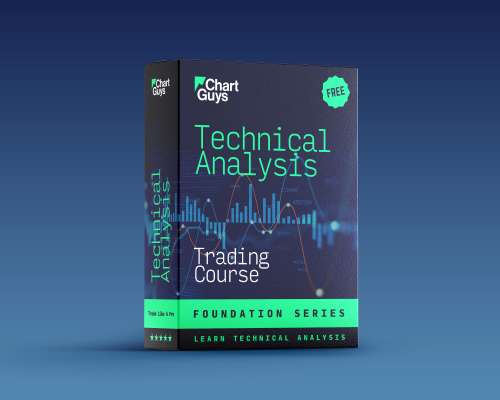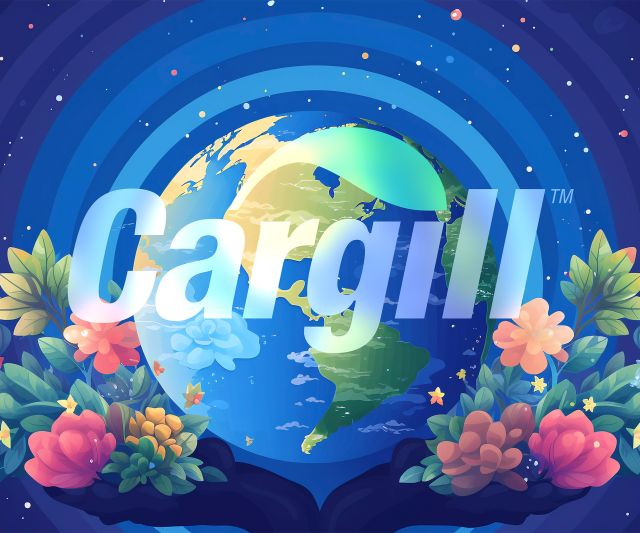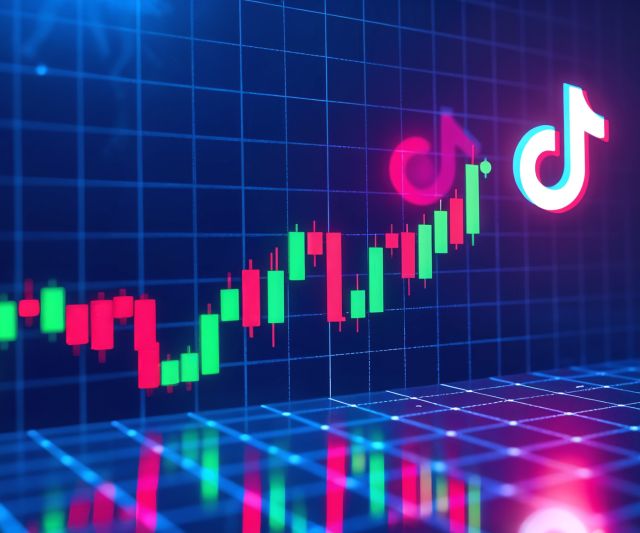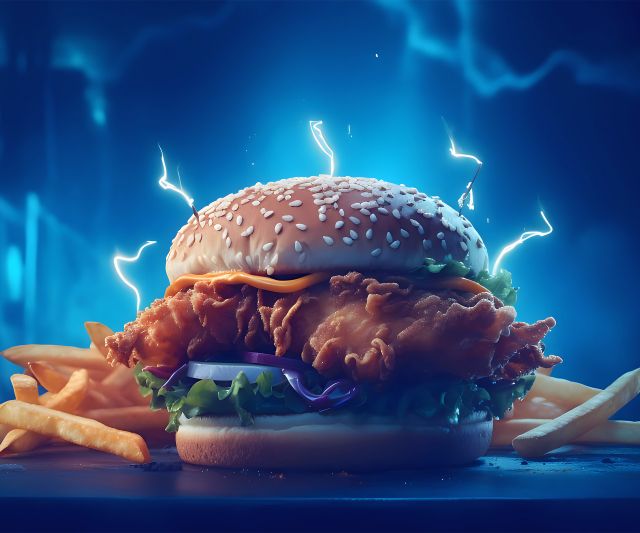For the past several months, I have been taking care of 70+ tomato and pepper plants. I grew them from seed, built a special shelf for them in the sunniest place in my house to start them from seed through the winter. I watered them as often as they needed, when the weather turned nicer, I spent the time taking them out every sunny day, and brought them in every night to protect them from frost. In Ottawa, Victoria Day weekend (May 24th) is typically considered planting weekend, both because the risk of frost is past, and because of the long weekend. Earlier in May, I looked at the weather, saw that there was no risk of frost on the ten-day schedule, saw that would bring me almost to the long weekend and, a little bit against what I thought I should do, convinced myself they would be okay. So I planted my tomatoes and peppers. Last week, frost creeped into the weather forecast. I went outside and built shelters and plant covers for the plants. On Thursday, 90% of my tomato plants were dead. I wish I could say I took it in stride, but I’m not quite there yet.
It’s easy to say set a stop loss and be done with it. The problem with that is that it neglects the human. When a loss really hurts, it usually comes from one of three things: our attachment to the investment, the feeling that we should know better or the feeling that we should have acted better.
Our attachment to an investment, a trade, a tomato plant comes in the form of what part of ourselves we put in. When we put a lot of ourselves into something, or a lot of our hope into something, only to see it fail, it becomes harder and harder to suffer that loss. With trading, usually the amount of time we spend learning, creating setups, and working on ourselves adds up to create an identity of the person we want to be. And then we wrap our identity into the outcome of a trade. When our identity, our investment, our emotion is tied into an outcome, taking a loss, no matter if it’s big or small, becomes a failure not simply of price, but of ourselves. And this makes it hard to take. In spending so much time thinking of the trader we want to be, we actually over-invest emotionally into the outcome, and only become further from the trader we want to be.
The feeling that we should know better, or act better. Had a freak frost come in June, it would have sucked, but I don’t know that it would have hurt so much as looking back and thinking if I had just waited for the long weekend, none of this would have happened. If I had just sold instead of holding, if I had just stayed out of the trade when I lacked clarity, if I had just waited for my setup rather than trying to get in early. These are the things that eat at us, but rather than fixing those, we continue to apply new pressure to ourselves, convince ourselves that we will do it right next time, and if instead we make the same mistake again, we only exacerbate what we already fear, that we are the failure.
When you think of the trader you want to be, you know there will be losses. You know that you can’t control price action. But it’s hard not to hope, that you will act well, that your stock will do what you want. But that is where the frame shift is needed. To become someone that can take a loss, that can stop out, that can stop on a day, you have to become someone who knows that that is instead what a successful person does. That is, it is not a failure to take a loss, it is the successful trader who uses their strategy. It is not a failure if you set up a plan and it doesn't work, it is a successful trader who says this is a 3:1 risk reward and therefore I will take it, even if it fails. It is not a failure to skip a trade when you don’t have a read, it is a successful trader who recognizes that their strategy is not everyone else’s, that they don’t have to ben in a trade all the time, that they don’t have to see every little move of the market in order to capture great moves.
When it comes to losses in trading, we have to write out what is in our control, what is acceptable, what are the actions I can to make myself a successful trader, and recognize the very large difference between that, and wanting to be right.












